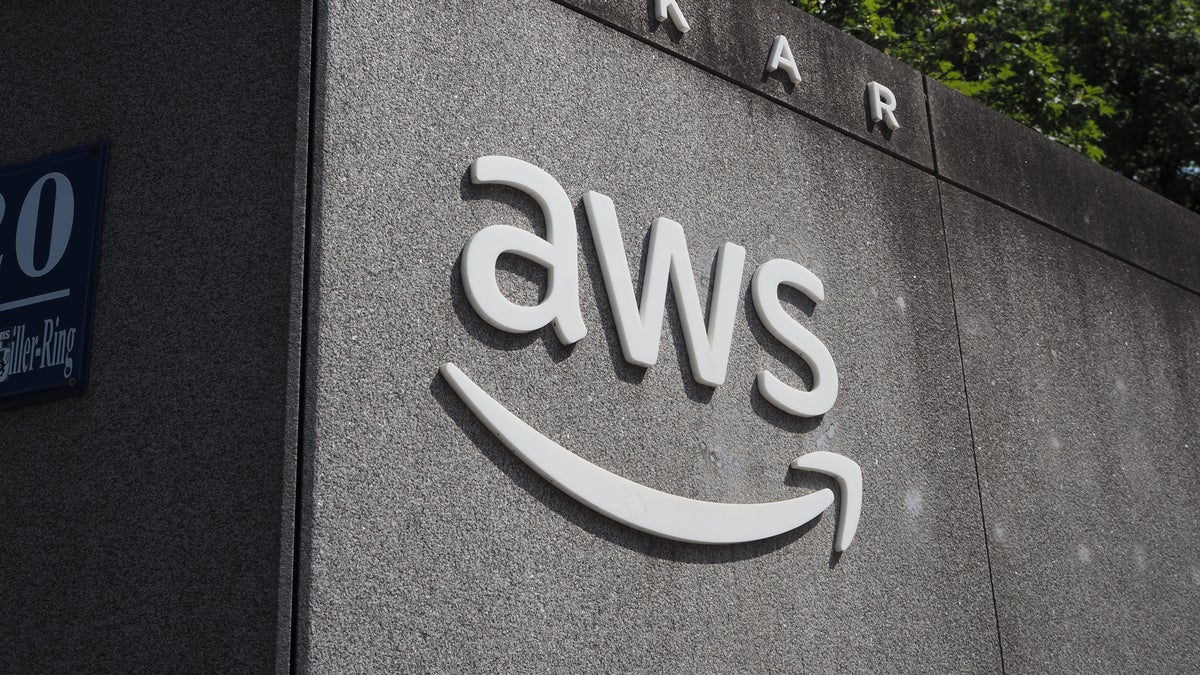
Amazon Web Services (AWS) is moving some features of its generative AI application-building service, Amazon Bedrock, to general availability, the company said on Tuesday.
These features include guardrails for AI, a model evaluation tool, and new large language models (LLMs).
The guardrails for AI feature, named Guardrails for Amazon Bedrock, was showcased last year and has been in preview since.
Guardrails for Amazon Bedrock, which appears as a wizard inside Bedrock, can be used to block up to 85% of harmful content, the company said, adding that it can be used on fine-tuned models, AI agents, and all LLMs available as part of Bedrock.
These LLMs include Amazon Titan Text, Anthropic Claude, Meta Llama 2, AI21 Jurassic, and Cohere Command.
Enterprises can use the Guardrails wizard to custom-build safeguards according to their company policies and implement them.
These safeguards include denied topics, content filters, and personally identifiable information (PII) redaction.
“Enterprises can define a set of topics that are undesirable in the context of your application using a short natural language description,” the company explained in a blog post, adding that the guardrail can be tested to see if it is responding as per requirement.
Separately, the content filters provide access to toggle buttons that allow enterprises to weed out harmful content across hate, insults, sexual, and violence categories.
The PII redaction feature inside Guardrails for Amazon Bedrock, which is currently in the works, is expected to allow enterprises to redact personal information such as email, and phone numbers from LLM responses.
Additionally, Guardrails for Amazon Bedrock integrates with Amazon CloudWatch, so that enterprises can monitor and analyze user inputs and model responses that violate policies defined in the guardrails.
AWS is playing catch-up with IBM and others
Just like AWS, several other model providers such as IBM, Google Cloud, Nvidia, and Microsoft offer similar features to help enterprises get control over AI bias.
AWS, according to Amalgam Insights’ chief analyst Hyoun Park, is following in the footsteps of IBM, Google, Microsoft, Apple, Meta, Databricks, and every other company bringing out AI services in providing governed guardrails.
“It is becoming increasingly obvious that the real money in AI is going to be related to the governance, trust, security, semantic accuracy, and subject matter expertise of answers provided. AWS cannot keep up with AI simply by being faster and bigger, it also needs to provide the same guardrails or better guardrails as other AI vendors to provide a customer-centric experience,” Park explained.
However, he also pointed out that IBM, among all other model providers or AI vendors, has a massive head start on every other AI vendor in creating guardrails for AI as IBM has been doing it for its AI assistant Watson for over a decade.
“Although IBM’s efforts were not fully successful, the experience that IBM gained in working with healthcare, government, weather, and many other challenging datasets has ended up providing a head start in developing AI guardrails,” Park explained, adding that AWS is still early enough in introducing guardrails for AI to make up for lost ground as it is still early days for LLMs and generative AI.
Custom model import capability for Bedrock
As part of the updates, AWS is also adding a new custom model import capability that will allow enterprises to bring their own customized models to Bedrock, which it claims will help reduce operational overhead and accelerate application development.
The capability has been added because the cloud service provider is seeing demand from enterprises, who build their own models or fine-tune publicly available models in their industry sector with their own data, to access tools such as knowledge bases, guardrails, model evaluation, and agents via Bedrock, Sherry Marcus, director of applied science at AWS, said.
However, Amalgam Insights’ Park pointed out that AWS is possibly and more likely adding the API to aid enterprises who have a lot of their data on AWS and have used its SageMaker service to train their AI models.
This also helps enterprises pay for all services via one bill rather than having to set up multiple vendor relationships, Park explained, adding that this strategy is targeted at showing that AI-related workloads are best supported at AWS.
The custom model import capability, which is in preview, can be accessed via a managed API within Bedrock and supports three open model architectures, including Flan-T5, Llama, and Mistral.
Model evaluation capability and LLMs move to general availability
AWS is moving the model evaluation capability of Bedrock, which was showcased at re:Invent last year, to general availability.
Dubbed Model Evaluation on Amazon Bedrock, the feature was aimed at simplifying several tasks such as identifying benchmarks, setting up evaluation tools, and running assessments while saving time and cost, the company said.
The updates made to Bedrock also include the addition of new LLMs, such as the new Llama 3 and Cohere’s Command family of models.
At the same time, the cloud service provider is also moving the Amazon Titan Image Generator model to general availability.
The model, which when showcased last year, had an invisible watermarking feature in testing. The generally available version of the model will add invisible watermarks to all images it creates, Marcus said.
“We will be also announcing a new watermark detection API in preview that will determine if a provided image has an AWS watermark or not,” Marcus said.
Another major LLM update is the addition of the Amazon Titan Text Embeddings V2 model, which AWS claims is optimized for retrieval augmented generation (RAG) use cases, such as information retrieval, question-and-answer chatbots, and personalized recommendations.
The V2 model, which will be launching next week, according to Marcus, reduces storage and compute costs by enabling what AWS called flexible embeddings.
“Flexible embeddings reduce overall storage up to 4x, significantly reducing operational costs while retaining 97% of the accuracy for RAG use cases,” Marcus explained.
Current Amazon Bedrock customers include the likes of Salesforce, Dentsu, Amazon, and Pearson among others.
Copyright © 2024 IDG Communications, Inc.
